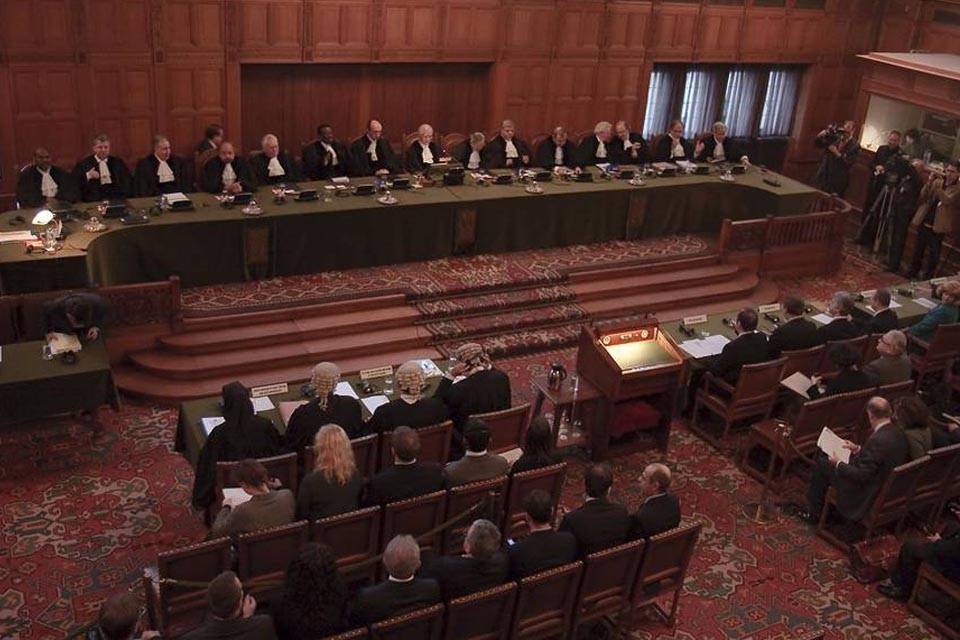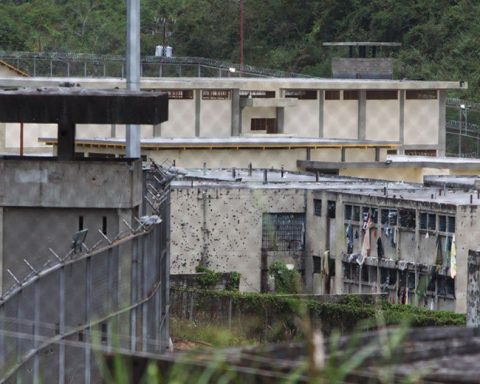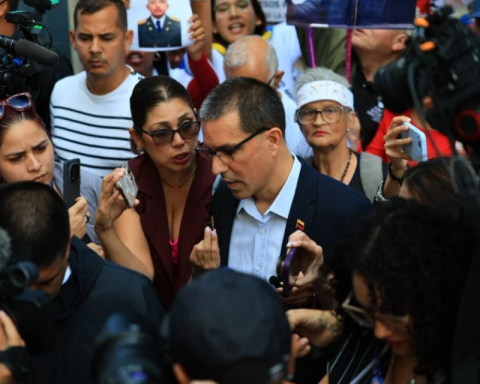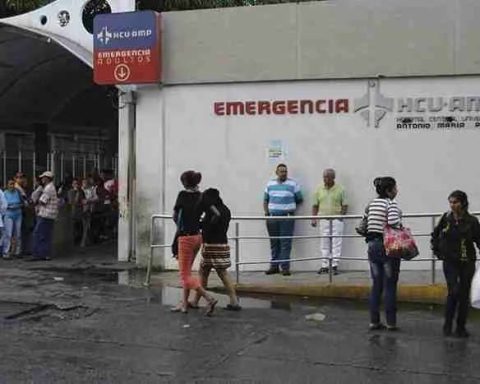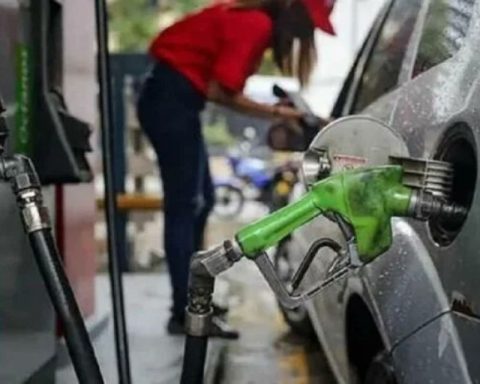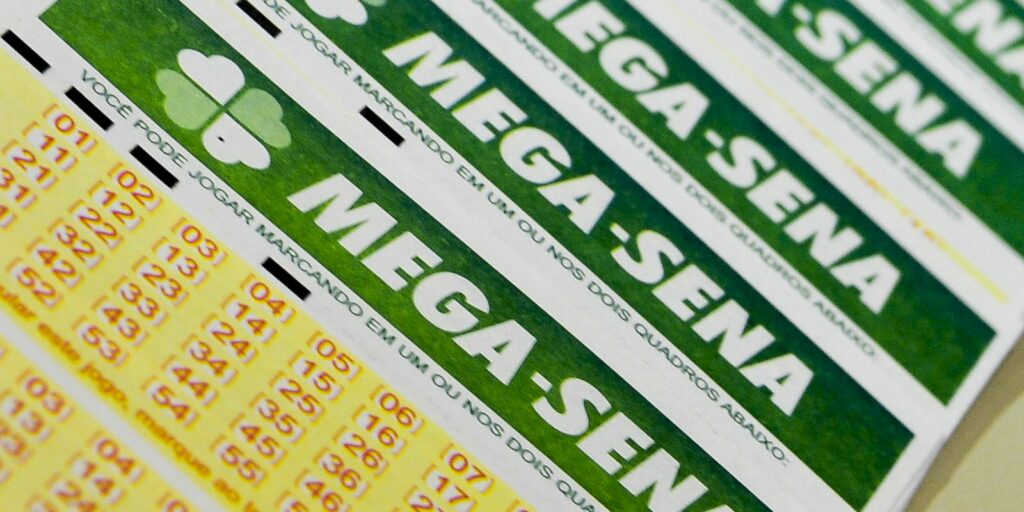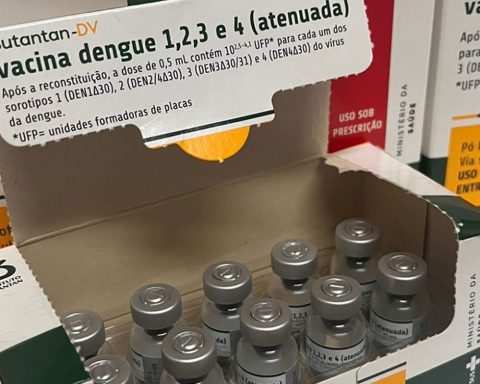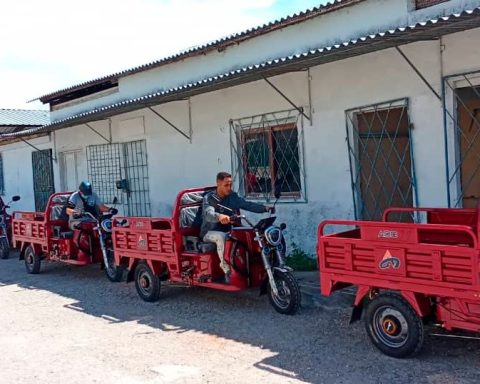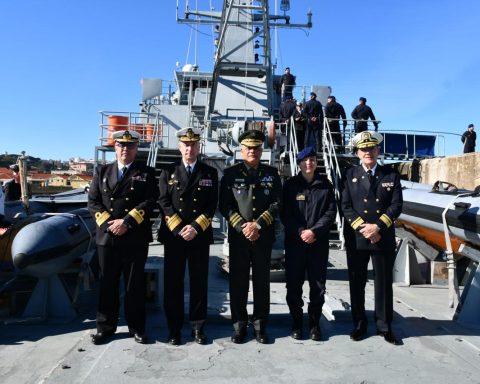Venezuela and Guyana have disputed the possession of the Essequibo territory since 1899, when in the Paris Arbitration Award they stripped Caracas of that territory. Then, in the 1960s, the Venezuelan government at that time was able to demonstrate that inconsistencies were recorded in this process and the Geneva Agreement of 1966 was subsequently generated.
The International Court of Justice (ICJ) ruled against Venezuela in the hearing held this Thursday, April 6, for the dispute with Guyana over the 160,000 square kilometers of the Essequibo territory. The administration of Nicolás Maduro had filed a “preliminary objection” in which several reasons were presented, through written and oral arguments, to “request the Court to resolve and declare that Guyana’s claims are inadmissible.” The body, however, by 14 votes in favor and only one against, rejected such a request.
After this decision, informed by the judge in charge of the case and also president of the Court, Joan E. Donoghue, progress will also be made with the analysis of the lawsuit filed by Guyana against Venezuela to resolve the dispute over the validity or otherwise of the Arbitral Award. of 1899, with which said territorial jurisdiction was awarded to the United Kingdom.
Guyana had already asked the ICJ to “reject Venezuela’s preliminary objections” as “inadmissible” and set a date for the treatment of the merits of the case “no later than nine months from the date on which the Court rules” on those requests made by Caracas.
Just on April 5, Guyana’s Ministry of Foreign Affairs published in its social networks a statement in which he indicated that the United Kingdom was not indispensable in the dispute it has with Venezuela. The end of said ad? refute the main argument put forward in November 2022 by the Venezuelan lawyers, who stressed that the award had that country as its main protagonist and that, therefore, its presence was necessary to have it in the room, since at that time our nation was a colony british.
Venezuela and Guyana have disputed the Essequibo territory for more than 100 years. Georgetown defends the validity of the Paris Arbitration Award of 1899 in which Caracas is deprived of jurisdiction over that extension of land; while the 1966 Geneva Agreement is the one that Venezuela considers valid to seek a peaceful solution to the situation.
The dispute increased after the transnational ExxonMobil found in 2015 an important oil deposit in territorial waters of the Essequibo. The jurisdiction of the case was passed by the United Nations to the ICJ, considering that the “good officiant”, a figure who was mediating these differences, was not effective.
Post Views: 412
